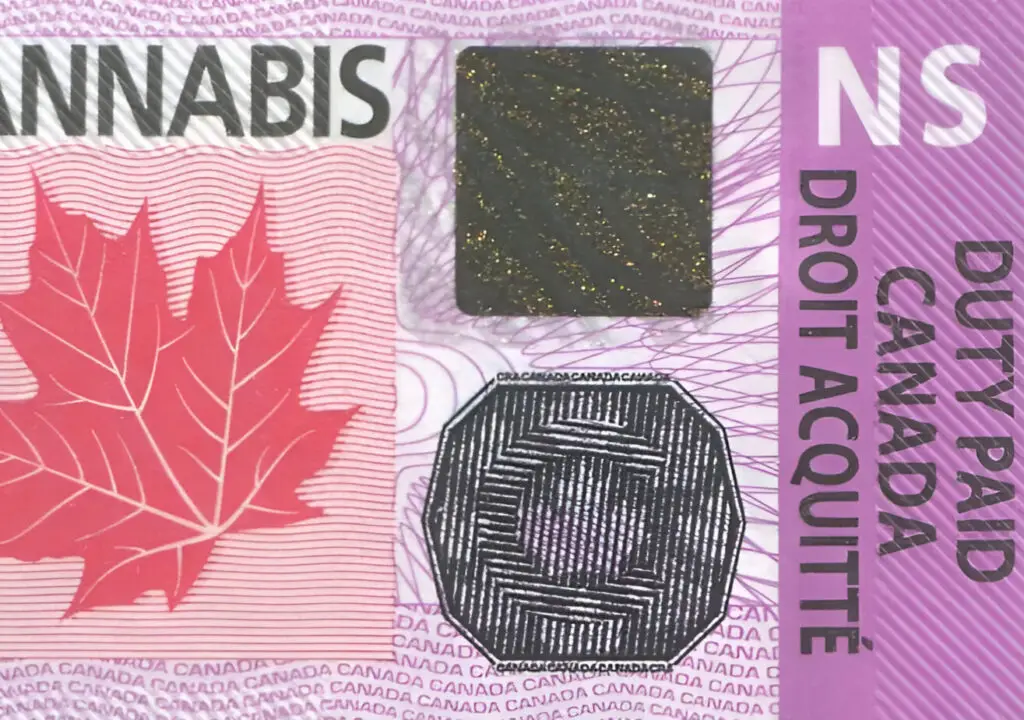Excise taxes are levied by governments to help discourage the consumption of potentially harmful products like nicotine and alcohol or to address negative impacts on society as a result of their use. In contrast, cannabis is a medicine, and yet has excise taxes levied on it that are disproportionate to any of the above. NS cannabis producers and processors face significant financial burdens due to excise duties and the operational costs associated with their implementation) but also the additional regulatory fees and regulatory compliance costs.
Current excise taxes were based on an assumption that $10/g would be the average retail price. In reality, the average price per gram is closer to $2/g to $5/g meaning excise tax makes up 20% to 50% of LP gross margin. In striking contrast, craft beer is levied a 2% excise tax. The Canadian cannabis sector cannot be sustainable at these predatory tax rates. Canadian LPs are seeking export sales, often leaving poorer quality flower to flood the domestic market, which then has consumers looking towards non-regulated markets for quality flower.
At the very least, medical cannabis should not have an excise tax imposed on it and the excise rate should be dropped dramatically for recreational cannabis.
Furthermore, the regulatory burdens on imposing and managing excise taxes needs to be streamlined.
Summary of Excise Taxes:
- Arguably all cannabis is medicinal even if sold recreationally and should not have excise taxes associated with it
- Currently $1.00 on every gram sold
- It was estimated pricing per gram at legalization would have about 10% in excise (e.g. $10/gram)
- Reality is that price per gram is between 2-5 dollars meaning excise makes up 20-50% of LP gross margin
- Currently craft beer is at 2% excise tax
- A change to the excise is required to make the industry sustainable
- Excise should not be charged on medical cannabis
Read More on Excise:



